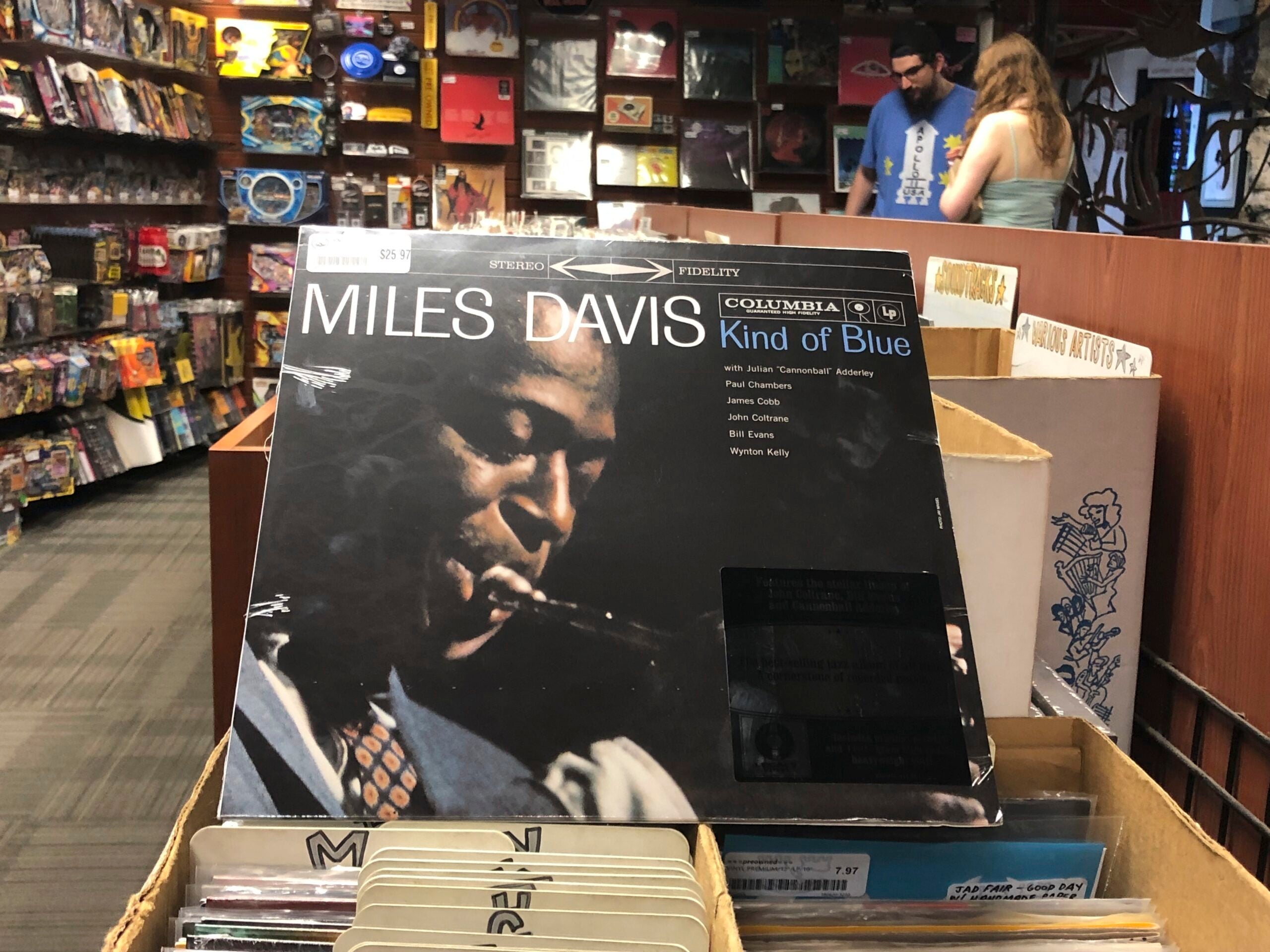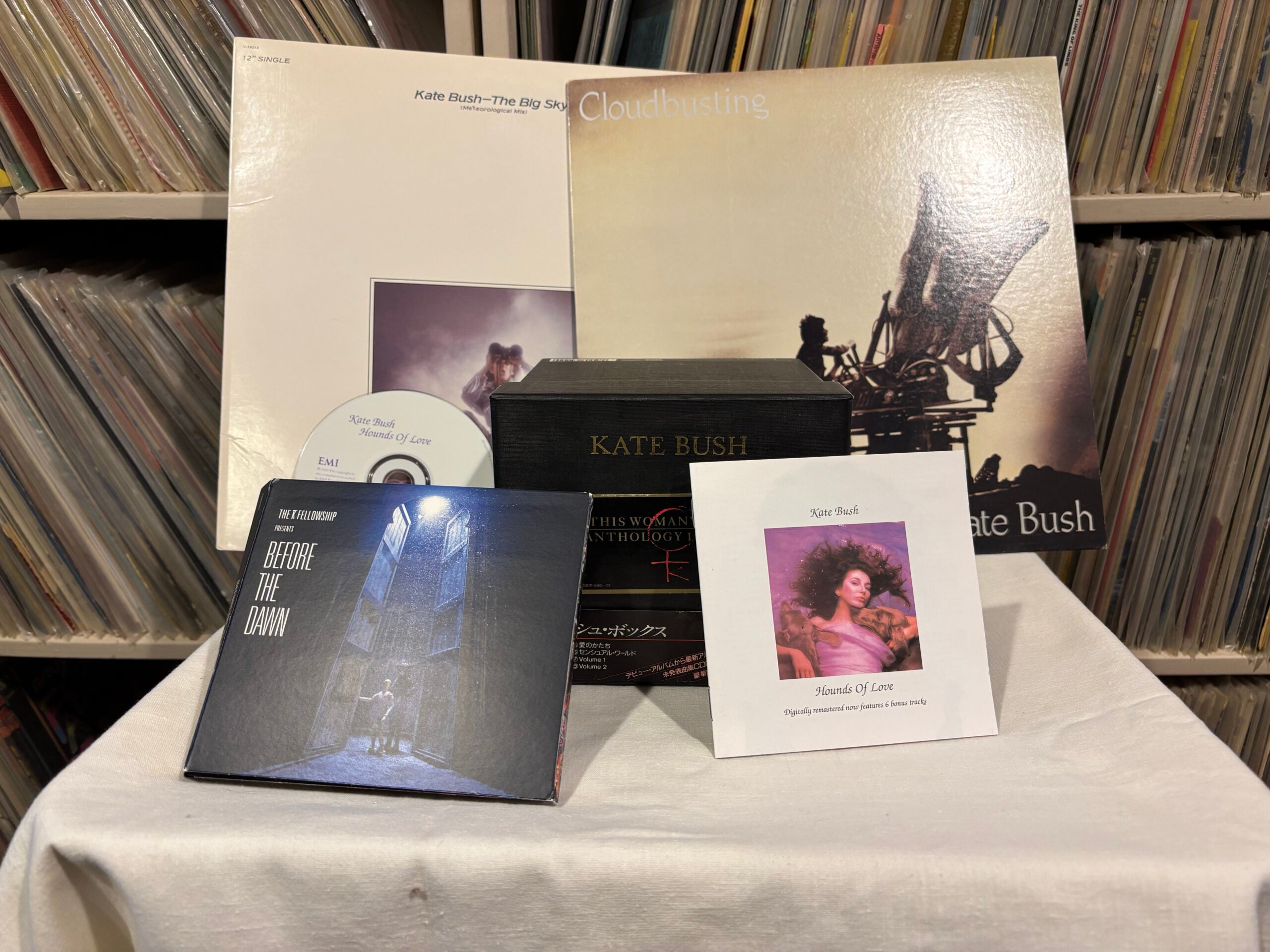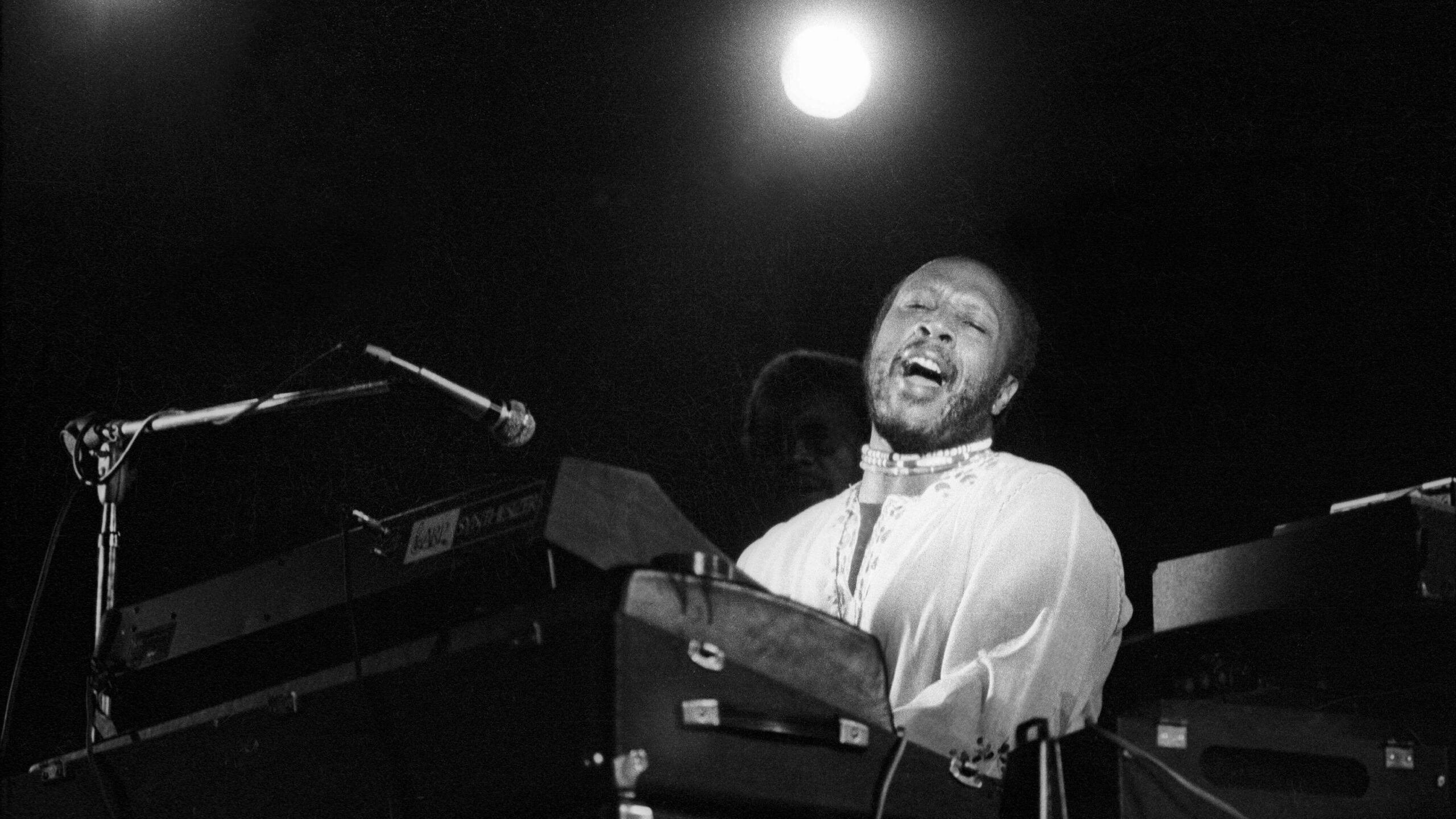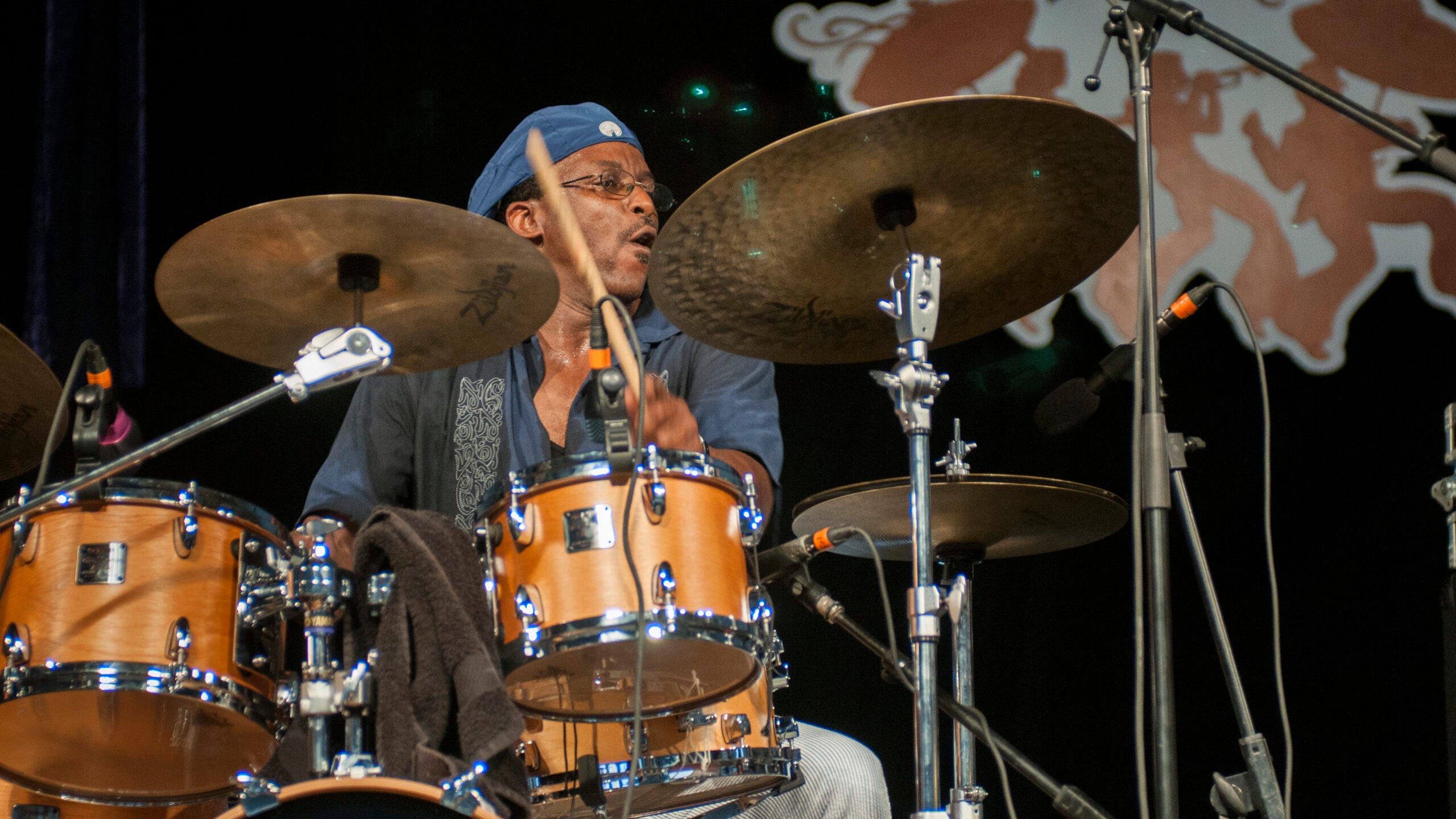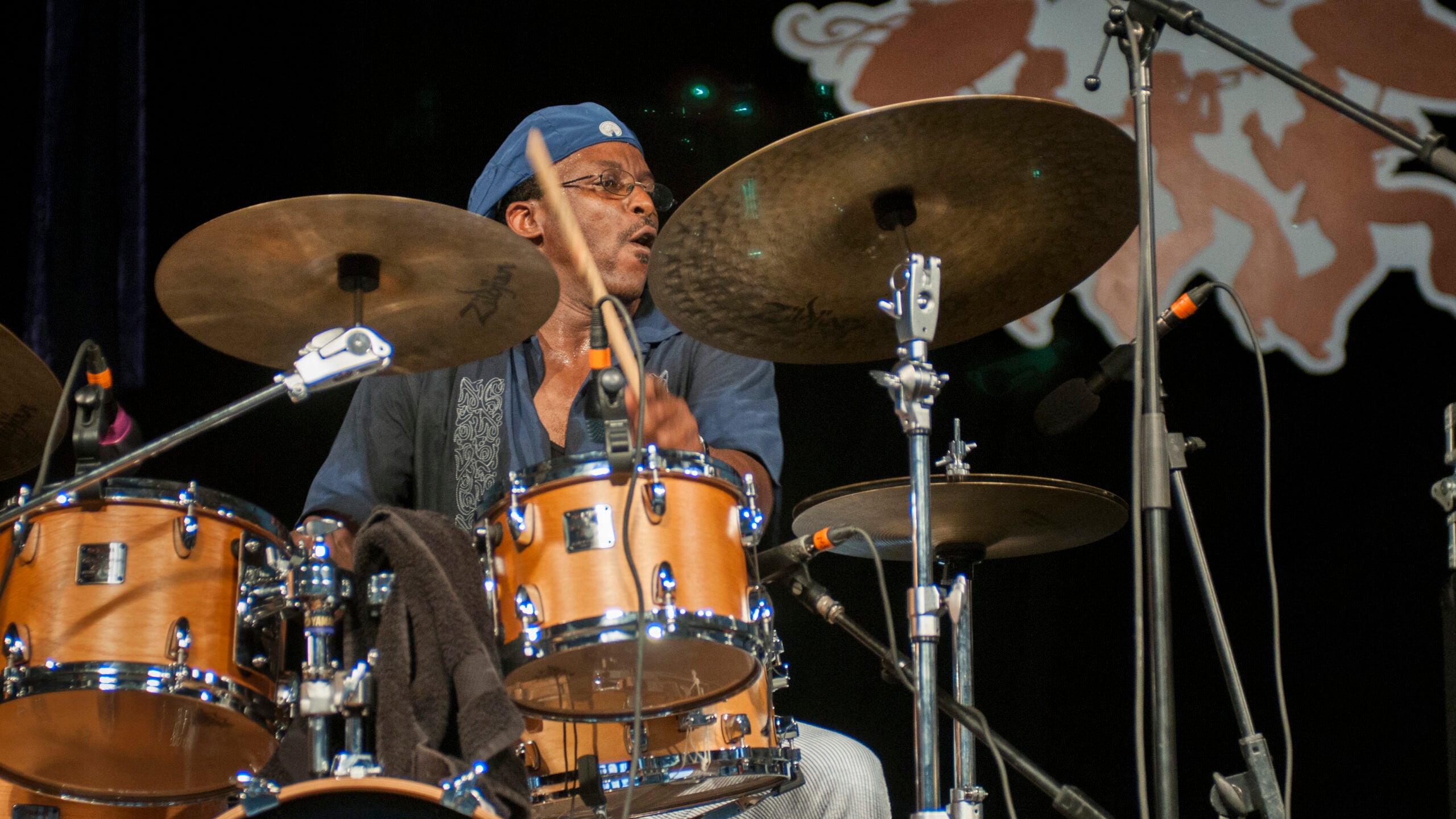If you’re wandering in the northwoods of Solon Springs and you hear piano music wafting through the air, it might be Ryan Frane practicing in his home.
And when he’s not playing, he’s talking about music — jazz in particular — as a professor of music at the University of Minnesota Duluth. One of the most iconic jazz recordings he can’t stop talking about is Miles Davis’ “Kind of Blue,” widely regarded as the greatest jazz album ever.
Tonight at the West Theatre in Duluth, Frane and other jazz masters from the region will do more than talk about the album — they’ll perform it live in a candlelit session, both replicating the work and bringing their own solo interpretations to it.
Stay informed on the latest news
Sign up for WPR’s email newsletter.
Frane spoke with WPR’s Robin Washington on “Morning Edition” about exactly how they’re interpreting the work and what listeners can take away from it.
The following interview has been edited for brevity and clarity.
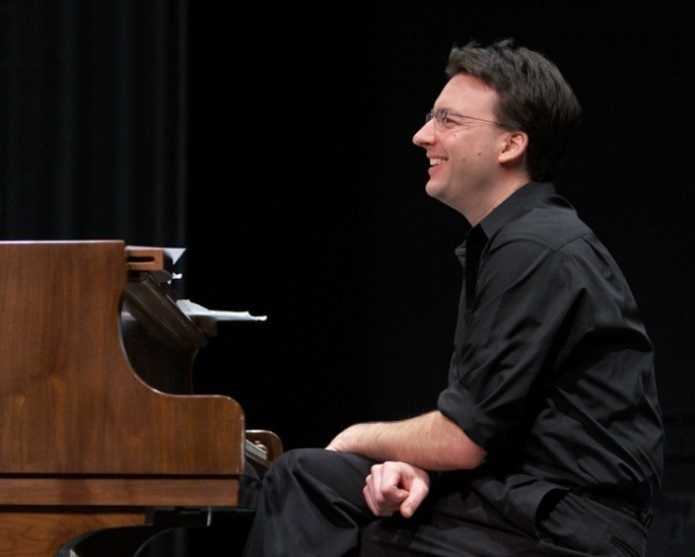
Robin Washington: Why is “Kind of Blue” considered the greatest jazz record ever? Or should we just listen to it to find out?
Ryan Frane: Both. This record is as highly regarded by critics as it is by musicians and the general listening public. Those three groups oftentimes have very different opinions on art, but in this case everyone agrees. So I think that’s one of the reasons. You could also go simply by numbers of record sales — I think it’s five times platinum — which is over 5 million copies sold.
In the liner notes, pianist Bill Evans says it’s one thing to have all the musicians together with a common goal of improvisation. But for everyone to give in enough so that the thing really works is something magical.
RW: In addition to Bill Evans on piano and of course Miles Davis on trumpet, there’s a second pianist, Wynton Kelly, and they sort of switch with each other on the tracks. There’s Paul Chambers on bass, Jimmy Cobb on drums and John Coltrane and Cannonball Adderley on sax. So you get to channel both Wynton Kelly and Bill Evans. That has to be intimidating even for someone as accomplished as you are.
RF: It is. People call this Miles Davis’ first great quintet. He had started using Wynton Kelly more and Bill Evans was moving his way out of the group. Some stories say that Kelly’s playing on “Freddie the Freeloader” was just kind of something that Miles let him do so he wouldn’t feel so bad about not being on the record.
And I mean, obviously, Bill Evans — for 96 percent of jazz piano players, he has a level of high importance. And certainly everybody knows how to play “Freddie the Freeloader” because of the way Kelly played the backgrounds on piano. So it is kind of fun to think about trying to at least channel some of their artistry in our performance.
RW: Tell me about the others in your group.
RF: We’ve got an all-star cast. I’ll start with the Miles Davis stand-in, David Edmund. He’s one of my colleagues at UMD and a wonderful trumpet player. Cannonball is going to be covered by Randy Lee. Paul Peterson, a Twin Cities musician, is going to cover Coltrane on tenor sax. Another one of my colleagues, Gordon Lewis, is going to play the bass part of Paul Chambers. And then Rick Bruner is kind of spearheading this event and is going to play the drums in place of Jimmy Cobb.
RW: You and I worked in the past on staging some material I was experimenting with for a Broadway-type musical. I noticed then that though you totally hit what we were trying to do, you never played it exactly the same way twice.
RF: Yeah, and doesn’t that really speak to what this music is about? You know, when Miles came to the recording session, he didn’t provide any music to any of these musicians. He kind of gave everybody a set of notes or scales to use rather than lots of chord changes, and everything was kind of spur of the moment. And then people would play it how they heard it together. And it was this sort of cooperative improvisation that really created the sound of “Kind of Blue.”
RW: What do you hope listeners will take away from this program?
RF: I hope we can relay the feeling of just sitting back and taking in an entire recording. We’re not planning on any speaking during that part of the show. We’re just going to play that record, top-to-bottom and try to recreate what it sounds like. So if they can leave with just some of the experience created through the original recording, that would be great.
If you have an idea about something in northern Wisconsin you think we should talk about on Morning Edition, send it to us at northern@wpr.org.
